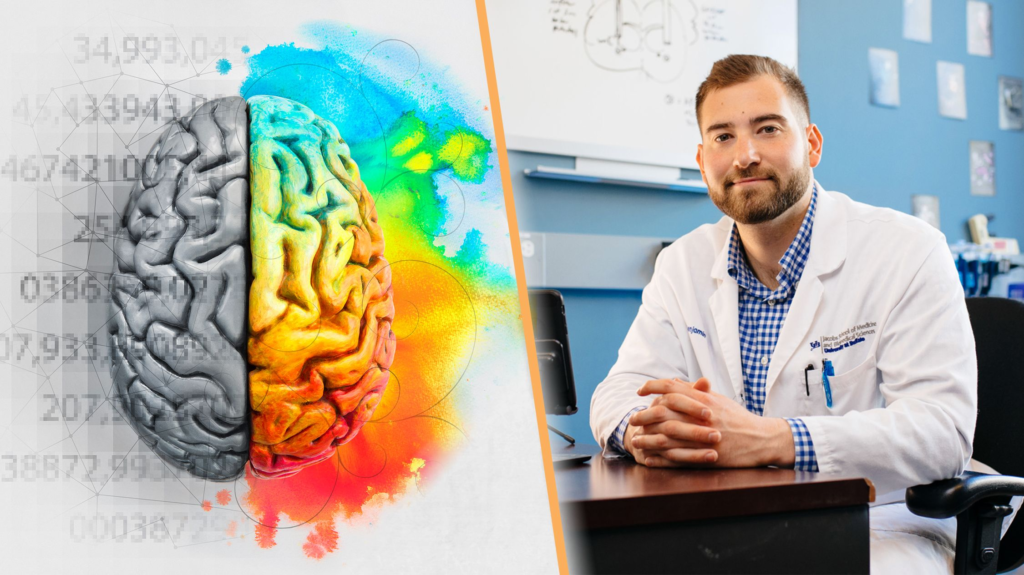
Students are bombarded with information in the modern world from the moment they wake up until they go to bed which affects their memory. This information storm is derived from sources of news, social media, friend conversations, commercials, etc. While completing their homework, attending classes, and studying for examinations, students must also process mountains of academic information. The majority of their mental effort goes into understanding and memorization.
Processing and remembering all of the information we come across daily can be difficult. What can you do, then, to make it simpler?
On the Internet, a lot of advice and tips are is a huge amount of advice and tips available. Different people, and even different cultures, have different ways of maintaining healthy brain cells. Even so, it might be difficult to determine which tricks are the most helpful.
We’ve gathered a good amount of tried-and-true strategies in the area below to help you sharpen your memory. These methods have been proven to work and are supported by scientific research.
3 Effective Tips to Improve Memory
- Keep Yourself Healthy

Although this advice might seem basic, it is one of the most important. Our ability to remember things depends on both our physical and mental health.
- Take care of your Body
Memory issues are not usually related to brain disorders like Alzheimer’s and dementia. Similar issues may develop following a concussion, a brain injury, or other medical conditions. Sometimes the causes of memory loss are not at all evident:
It’s wise to speak with your doctor or go to the nearest hospital’s ER if you’ve observed any changes in how your brain is functioning. Memory loss may occasionally be a sign of a more severe illness.
Do your best to look after yourself and maintain good health because unhealthy habits might negatively impact our general health. Let’s take a look at some behaviors that can affect mental health:
- Smoking: The amount of oxygen that reaches your brain decreases each time you smoke. Numerous studies demonstrate that smokers struggle more than non-smokers to recall names and numbers.
- Medication: As a side effect of certain medications, memory loss may occur. It might be a cholesterol-lowering drug, an antidepressant, or an anxiety-relieving drug. You can check to see if any of the medications you take have a side effect that could lead to amnesia.
- Alcoholism: Memory loss can be worsened or even caused by long-term alcohol abuse. It is referred to as Wernicke-Korsakoff syndrome and causes amnesia. It resembles Alzheimer’s disease in certain ways.
- Drug use: An additional factor in memory loss is drug use. It can seriously affect your life and make it difficult for you to do things like study, drive, or recall things. 12 cases of people who had amnesia for more than a year as a result of drug misuse were documented by the National Institute on Drug Abuse.
- Take Care of your Mind

One of the most common causes of forgetfulness is mental illness, along with stress, anxiety, and sleep deprivation. This truth is now better known than it was in earlier centuries. However, not everyone cares about their cognitive and mental wellness.
You should practice the following to sharpen your memory:
- Determine the mental health conditions that can affect learning and cause memory loss. Take care of these issues first.
- Maintain your mental well-being.
Let’s briefly explore the first point here before moving on to how important the second is later in the article. The following things impact your mental well-being and memory:
- Depression: Depression can affect your memory by causing a sense of disconnection and a loss of interest in your surroundings. It occurs primarily as a result of a lack of attention. According to a study, brain chemical imbalances can also be caused by depression.
- Stress: Memory loss can result from trauma, stress, or the loss of a loved one. Additionally, it might lead to anxiety, insomnia, and despair. Even the way memories are created can be impacted by stress. Researchers assert that it may contribute to phenomena like “false memories.”
- Anxiety: Some people only experience the symptoms during particular circumstances, such as while taking tests. Others experience a more widespread disorder that appears in phases. It might affect a person’s daily activities, attention span, and memory. A 2015 study found that those who suffer from generalized anxiety disorder had poor attention control.
- Sleep Deprivation: Researchers discovered that sleep induces the production of vital brain waves. These waves are in charge of information storage. Due to this, getting too little sleep might cause memory loss.
- Grief: After a loss, memory loss is a fairly typical symptom. It is accompanied by anxiety, anger, and occasionally depression. According to studies, persons who experience profound and prolonged grieving find it difficult to recollect memories that do not involve their deceased loved ones.
- Fix Your Diet

Food supply and quality will always have an impact on people’s health. This holds for a certain person’s body, brain, and in particular, memory.
There is also coffee.
Many individuals are afraid of this drink because it can worsen skin conditions and create other heart-related problems. However, numerous studies show that drinking coffee enhances memory and guards against linked diseases.
In a 2014 study, the effect on long-term memory was examined. The results show that participants who drank 200 mg of caffeine scored better on the memory test 24 hours later than those who didn’t.
For coffee lovers, we now have some exciting news! The following advantages pertain to your preferred beverage:
- Increased Concentration: The right amount of coffee can help people concentrate better and stay on task longer.
- Boosted Mood: Serotonin and other neurotransmitters that are involved in emotional stability are stimulated by caffeine.
- Improved alertness: The neurotransmitter that makes us sleepy, adenosine, is blocked by caffeine.
Read More:
1st Ever Atlas That Links Fungi, Cancer, etc